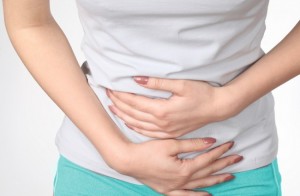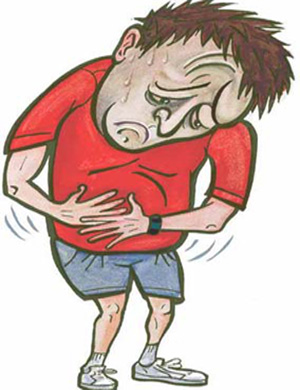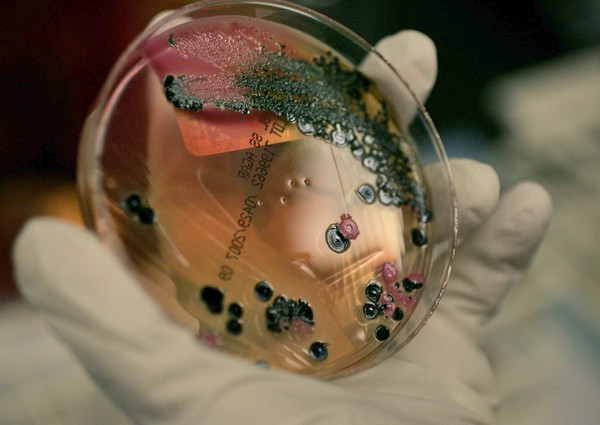 Each year, an estimated 76 million Americans get sick from eating contaminated or improperly prepared foods. Many of these people get sick from foods prepared in their home.
Each year, an estimated 76 million Americans get sick from eating contaminated or improperly prepared foods. Many of these people get sick from foods prepared in their home.
Food safety can prevent vomiting and diarrhea caused by food. People can get sick from food that is not properly prepared or stored. For example, when meat and poultry are not fully cooked, bacteria can survive and make us sick. Use a food thermometer to cook meat and poultry to proper temperatures. Separate raw meat, poultry, and seafood and their juices from ready-to-eat foods to prevent the spread of bacteria.
Illness can also occur when food eaten in the home has been contaminated in the field or factory. Wash produce thoroughly under running water. Good hand washing, thorough surface disinfection, safe food handling, and safe food storage can reduce the risk of illness from food.
Health and Safety Tips
- Wash your hands with soap and water before preparing food.
- Wash produce and cutting boards often.
- Use a food thermometer to cook meat and poultry to proper temperatures.
- Wash hands, utensils, and cutting boards after they have been in contact with raw meat or poultry and before they touch another food.
- Refrigerate food within 2 hours of serving.


